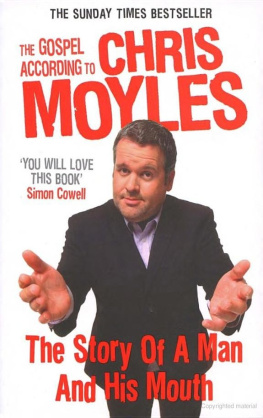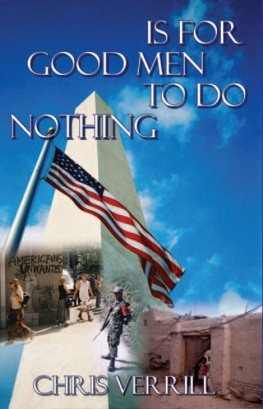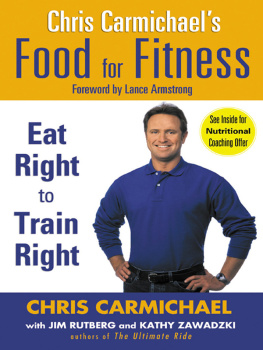Chris Brasher

First published in 2012
by Aurum Press Ltd, 7 Greenland Street, London NW1 0ND
This eBook edition first published in 2012
All rights reserved
John Bryant, 2012
The right of John Bryant to be identified as author of this work has been asserted in accordance with Section 77 of the Copyright, Designs and Patents Act 1988
This eBook is copyright material and must not be copied, reproduced, transferred, distributed, leased, licensed or publicly performed or used in any way except as specifically permitted in writing by the publishers, as allowed under the terms and conditions under which it was purchased or as strictly permitted by applicable copyright law. Any unauthorised distribution or use of this text may be a direct infringement of the authors and publishers rights, and those responsible may be liable in law accordingly
E-book conversion by CPI Group
ISBN 978-1-84513-684-0
To the marathon runners who dream that someday their reach will exceed their grasp
by Sir Roger Bannister
T his utterly absorbing biography of Chris Brasher vividly recalls our friendship of over 50 years. He continually surprised me by his complexity. He was so much more than an athlete, although he won an Olympic gold medal. He was part romantic, part idealist, part tough businessman and was capable of some extraordinary acts of kindness. He had a manic energy and single-mindedness that brooked no opposition.
His legacy and crowning achievement was the creation of the London Marathon, the largest in the world, which he fashioned with the support of John Disley in the face of the inertia of bureaucracy. Large sums of money were raised for recreational projects in London and the runners themselves raised over 50 million for various charities. The London Marathon inspired gallant runners of all ages who had never seriously run before to test themselves and Chris was rewarded by the sea of fulfilled faces at the finish who were justifiably proud of their achievement.
As a teenage engineering apprentice in the Midlands he had learnt to escape to wild places, the mountains of Wales and Scotland, where he learnt climbing with groups of friends. In his journalistic career he wrote about the mystery of these wild places and the way they rekindled his spirit. This chimed with my own love of the countryside and he even inveigled me to go climbing with him in Glencoe, a risky enterprise three weeks before he and Chris Chataway paced me for the four-minute mile.
Little known was his philanthropy. His wealth helped to save wild areas of Scotland and Wales from invasion by electricity pylons and nearer home at Petersham he helped to preserve the Thames Meadows shown in the famous Turner painting.
Shakespeare described such a man:
The elements were so mixed in him
that nature might stand up
And say to all the world
this was a man.
Marathon Day
Chris Brasher has done more for the corporate spirit of London than anyone since Adolf Hitler.
Sir Christopher Chataway
C HRIS B RASHER was annoyed by the phone call that clattered into his sleep at two in the morning. Hed set his alarm in the hotel room to wake him at five. It was Dave Bedford on the line, obviously drunk and mumbling that he wanted to run the marathon the next day. Bedford, the self-confessed wild man who had dominated British distance running in the 1970s and broken the 10,000 metres world record, was calling from his nightclub, The Mad Hatter, in Luton. It was 28 March 1981. These days Bedford is the race director of the London Marathon. In those days he hadnt run a step in a year, but a friend had bet him 250 that he couldnt finish the Marathon.
Do what the hell you want, Brasher told him, then turned over and rolled back to sleep.
The phone rang again at four. There was a panic about the tangle of scaffolding being erected at the Marathon finish on Constitution Hill. It was feared that the scaffolding might sever the heads of the mounted soldiers during the Changing of the Guard. Brasher called his sidekick, John Disley, and between them they got the gantry altered.
At 5 a.m. Brasher hauled himself wearily from his bed, bent on hacking through every problem that might threaten his infant marathon, and determined to run the race himself. Some nine hours later, still barking last-minute orders from a crude walkie-talkie, he struggled across the line in two hours fifty-six minutes.
Brashers first emotion was a huge sense of relief. The days and months leading up to that first London Marathon were chaotic. Ever since hed roused his wife Shirley from her bed, late on a Saturday night in October 1979, to hear him declaim the Observer story that was to launch the saga next day, the dream of the London Marathon had dominated his life.
Brasher had witnessed and run the New York Marathon, and in his paper he laid down the challenge. I wonder whether London could stage such a festival. We have the course, a magnificent course, but do we have the heart and hospitality to welcome the world?
Shirley Brasher reckoned it was a step too far. I did not see how Chris could fit one more thing, either paid or unpaid, into his life. I was afraid he would finish himself with exhaustion, me with exasperation and our marriage with sheer pressure.
In a matter of months, however, Brasher and John Disley, fellow athlete, friend and business partner, had bulldozed through the seemingly impossible task of laying on a mass marathon in the heart of London. Everybody said it was impossible, few thought it could happen, most believed it would end in disaster. But Brasher ploughed on relentlessly.
Hed pop up everywhere, preaching and promoting his dream. He cajoled Ian Wooldridge the Daily Mails top sportswriter to escort him around the course in a limousine. Six hours and several bottles of champagne later, Brasher, confident that Wooldridges report would command a two-page spread in the Mail, picked up a kit-bag. He emerged from a cloakroom with a grin, stripped to his tracksuit and running shoes. He downed a large gin and tonic and then set off to run the nine miles from London to his home in Richmond.
Brashers heart had sunk with some despair when the leader of the Greater London Council, Sir Horace Cutler, had told him bluntly: You wont get a penny from the GLC. Brashers response was to whisk Cutler off to New York, champagne and Concorde all the way, to further publicise the race and grab yet more headlines.
Brasher used all the volunteer labour he could muster raiding running clubs, squads of orienteers, anyone hed run, walked or drunk with to handle the overspill of tasks, from the doling out of numbers to the blue line painted round the course. The Marathon Office itself was low-tech and undermanned. It consisted of a desk and two chairs tucked away in the GLC Recreation Office.
Brasher would call on every press man he knew and roped in his good friend David Coleman and the BBC to hype the race. But still, many believed it would never happen. The night before the race Brasher galloped around the broadcasting studios, dispensing his eccentric advice. Vaseline all moving parts, ball of foot, heel, groin and where your arm meets your back, he warned.
Thousands of runners crawled out of warm beds on Marathon morning only to find that the rain chilled their limbs and the Greenwich park keeper, reckoning it was an ordinary Sunday morning, had locked all the changing rooms and lavatories. The trains were gruesomely packed, but somehow 7000 competitors, many dripping beneath black bin-liners, shuffled their way to the start. Among them were a handful of elite runners, hired by Brasher in a series of frantic phone calls to give the race some credibility.
Next page


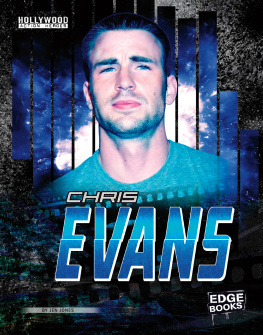
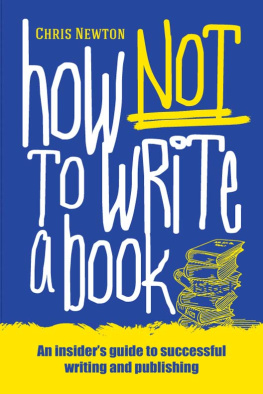
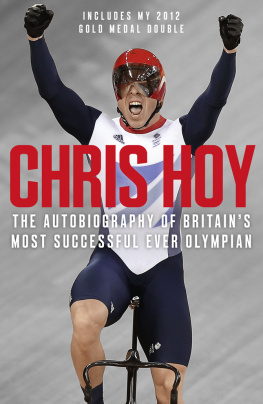

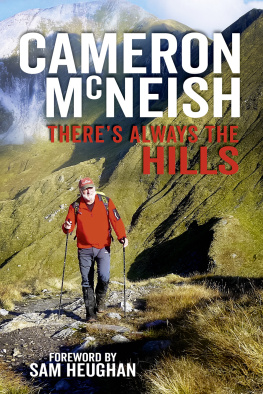
![Chris Crawford [Chris Crawford] - Chris Crawford on Game Design](/uploads/posts/book/119438/thumbs/chris-crawford-chris-crawford-chris-crawford-on.jpg)
